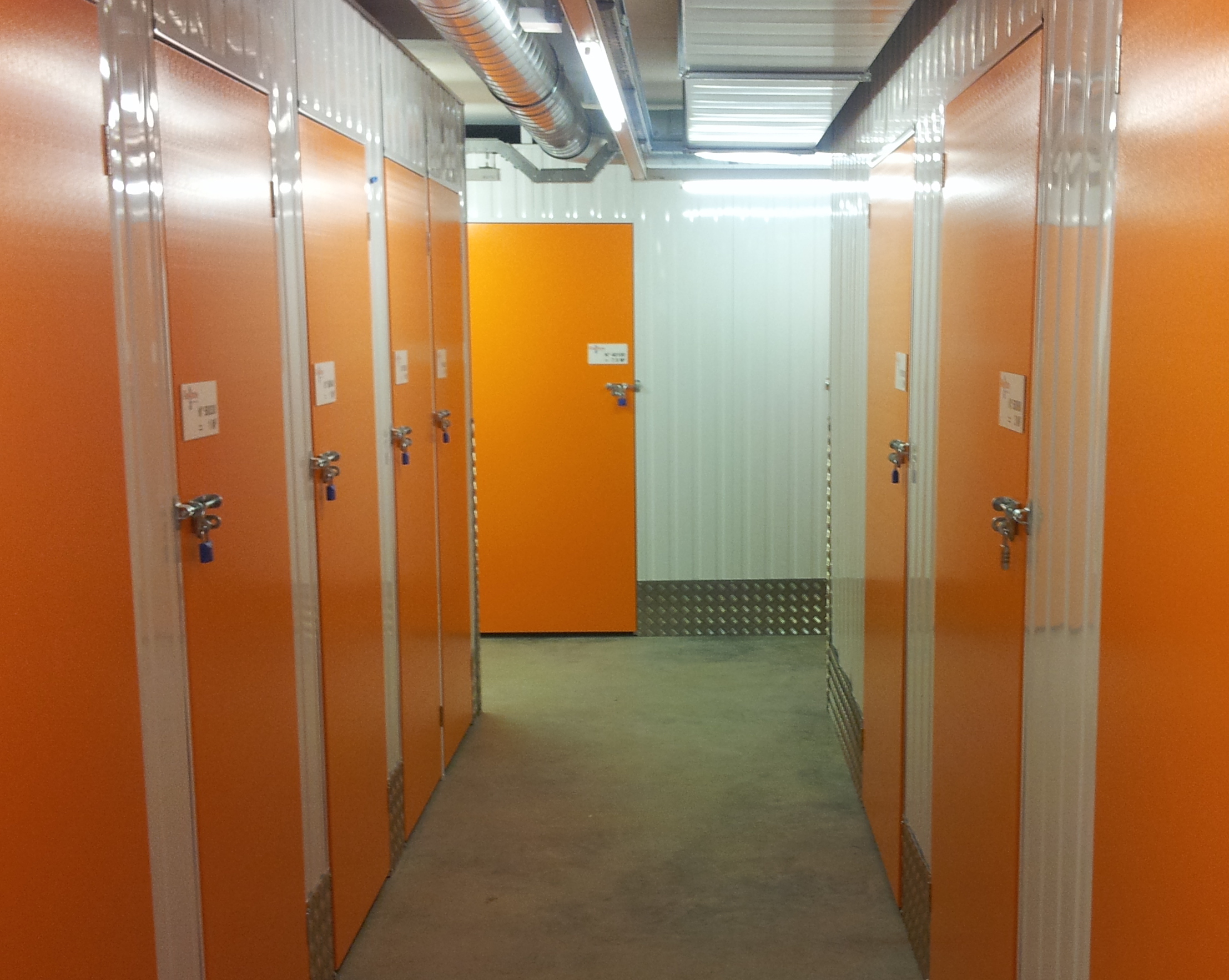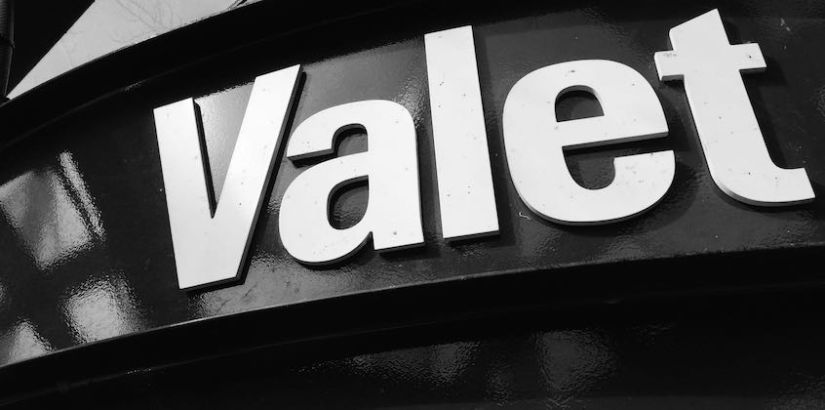Should You Add Valet Storage to your Self-Storage Business?
What Is Valet Storage?
This post is a follow-up to my previous article Is Valet Storage Right for You? While that post was targeted to consumers, this one is for storage-facility owners and those interested in industry trends.

Expanding into Valet Storage
Valet storage isn’t an outgrowth of the self-storage industry, but a new industry bringing some heavy competition. To quote my previous article, “Storrage Inc. released the results of a survey about valet storage. The results are compelling, to say the least, and signal one major way our industry is changing. The study found that 50% of all women, millennials, and urban dwellers preferred the idea of valet storage over self-storage. Among those who had never used self-storage, 65% said they would choose valet storage, and 68% of those said they would use vale storage because of the convenience.” So, while there are customers who will use only one or the other, there are self-storage customers who will want to switch to valet.
How can you compete with this? If you run a self-storage company, consider adding a valet storage component to your business.
The three aspects of valet storage are warehousing, transportation logistics, and packing assistance. The only company in our chart that does packing assistance is Clutter, because they measure by what can fit within an area, rather than by boxes, and they will confirm that your items are within the correct area before loading them onto a truck. Warehousing simply means that the company alone is in charge of storing and retrieving your items for you. You never go to their facility to get your things yourself. It also implies one large room, or a number of large rooms where items belonging to many people are kept safe. In the case of valet storage, transportation logistics means that the company brings boxes to customers and picks them up for storage.
In the case of valet storage, transportation logistics means that the company brings boxes to customers and picks them up for storage.
One of the big things to consider when expanding into valet storage is whether to use part of your existing self-storage facilities or to acquire a separate warehouse. The former may simply involve setting aside some of your unused storage units for this function, or renovating a section of your property. The latter, of course, would involve setting up a completely new facility.
For most, using existing space is the more economical way to start. So long as the company continues to grow, a warehouse can be added later. The self-storage company will also need new vehicles for pick-up and delivery, and will need to hire drivers. You may want to order custom boxes, and you will need to crunch the numbers to come up with competitive storage prices. Getting this set up may require a loan.
With the basics in place, you will need to get word out about your company and have a system in place for customers to use your service. One Hong Kong valet storage company, StuffGenie, has created a Web-only platform called Storganise. This software-as-a-service platform contains the tools a self-storage company needs to assist customers, once its new valet storage services are in place. This is one platform you may want to use. TechInAsia recently wrote in detail about Storganise in its article Hong Kong Startup Equips Self-Storage Companies for the On Demand Economy.
The chart shows the coverage areas of these well-known valet storage companies. As discussed, coverage in local areas is less expensive, due to generally lower delivery costs, than long-distance valet storage. With that in mind, most areas of the U.S., Canada, and the world don’t have local coverage. If you move into the valet storage business in an area that doesn’t have it yet, you’ll be the only game in town. Eventually other valet storage businesses will crop up, but you’ll have the advantage of being first to market.
You will also want to have a standard amount of insurance coverage for each box or oversized item stored. Valet storage companies usually insure boxes for between about $100 and $250 with the option for customers to insure any box for more. While drivers should have their own insurance, you may need to insure them while they’re on the job. It’s also a good idea to get transportation insurance for the vehicles, particularly since the boxes are not packed by professionals, but by the end user. If you haven’t needed workers compensation insurance before, you will need if getting into valet storage. When in doubt, go over your business plan with your insurance company and ask for advice.
Final Thoughts
According to the Slate article Self-Storage Nation, one out of eleven Americans rents a self-storage unit, and the average amount of time they keep the unit is 15 months. Valet storage is tapping into that other ten out of eleven potential customers who don’t use self-storage for several reasons. They may have only a few extra items, not enough to justify paying for a 5x5 or larger unit. They may not want to bother with driving to a self-storage center to pack and retrieve items. Or, they may simply have the impression valet storage is safer, since there is no public access.The good news for consumers is that valet storage is now an option. The good news for self-storage businesses is that the valet storage business is young, and now might be a great time to expand into that milieu. Please remember, though, that we at StorageFront and StoreLocal are not sharing this information as business advice, just exploring the idea of adding valet storage to an existing self-storage business.
What do you think about valet storage and how it will continue to impact the self-storage industry? Would you use valet storage yourself? Please share your thoughts and opinions in a comment!




